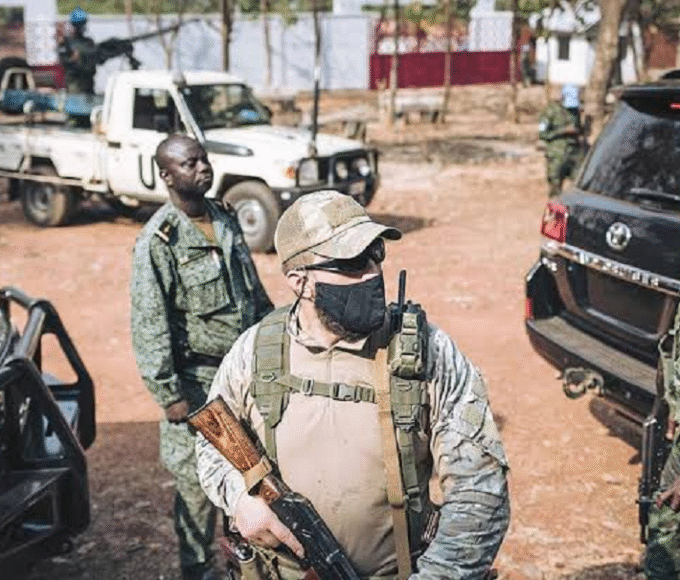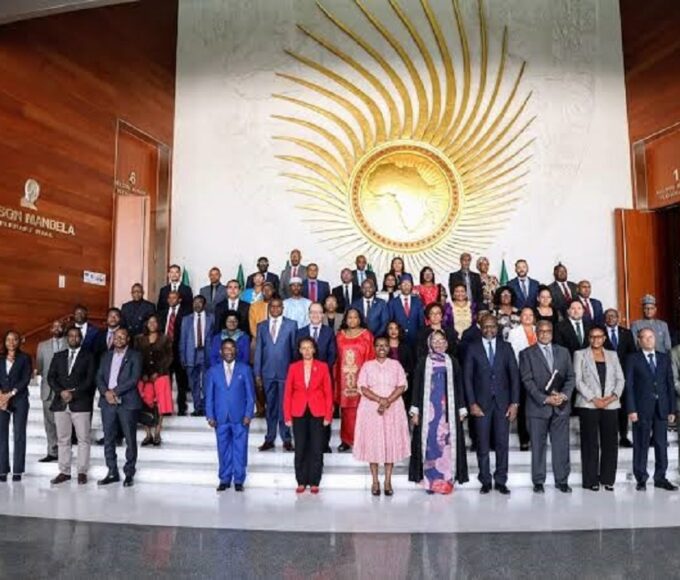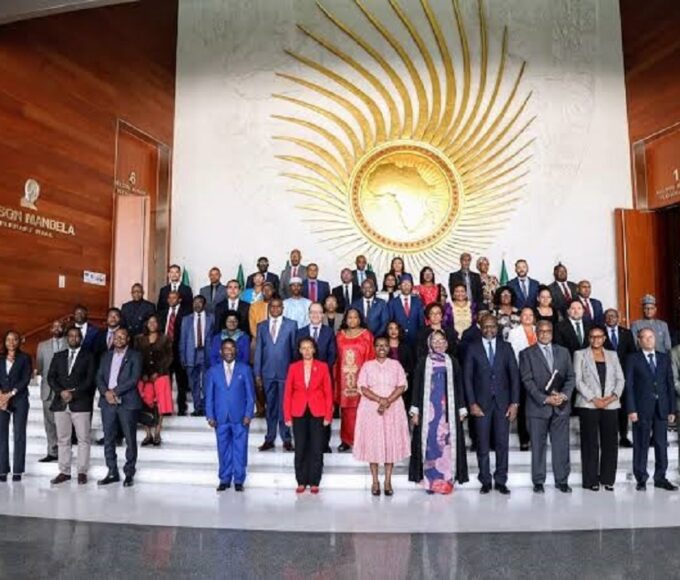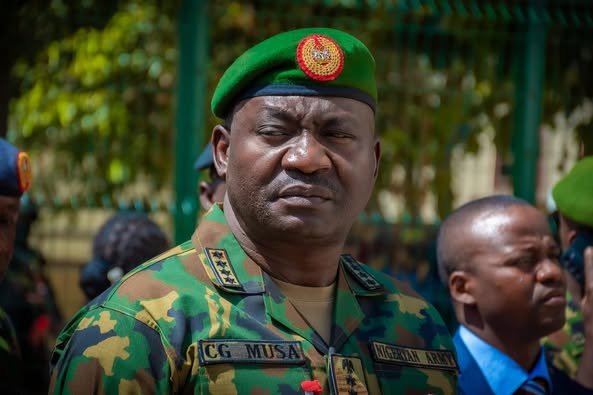Ethiopia and Russia Strengthen Strategic Bonds Amid Global Shifts
Ethiopia is also taking significant steps to integrate more deeply into the emerging multipolar economic and geopolitical order.

Ethiopia and Russia continue to deepen their relationship across military, economic, and political fronts, reflecting a broader trend of emerging partnerships shaping the global landscape. High-level meetings and strategic initiatives highlight their ongoing commitment to cooperation rooted in mutual interests and shared visions for a multipolar world.
Military Cooperation: Building Long-Term Strategic Ties
Recent discussions in Moscow underline Ethiopia’s dedication to expanding its defence partnership with Russia. Led by Chief of the General Staff, Field Marshal Birhanu Jula Gelalcha, Ethiopia’s military delegation engaged with senior Russian defence officials, including Deputy Defense Minister Alexander Fomin. Russia’s Ministry of Defence, as cited by Sputnik, stated that discussions covered implementing current agreements, military-technical collaboration, regional/global security issues, and future military links.
These exchanges signal a long-term intention to strengthen defence collaboration, with both nations emphasising regional stability and professional military engagement. Ethiopia’s growing ties with Russia are part of a strategic effort to diversify its international relationships and seek alternative partnerships beyond traditional Western alliances.
Broader Geopolitical and Economic Engagement
The military dialogue is complemented by a series of diplomatic and economic initiatives. Notably, in February 2025, Russia broadened its financial outreach by including Ethiopia among African countries whose banks can now engage in currency trading within Russia. This move represents Russia’s effort to diversify its economic ties and reduce Africa’s reliance on Western financial institutions.
Following this development, Ethiopia and Russia began exploring the possibility of trading using their local currencies—an important step toward economic sovereignty. Ethiopian Ambassador to Russia, Genet Teshome Jirru, highlighted this trend, emphasising Ethiopia’s move toward more autonomous and mutually beneficial trade relations.
Additionally, Russia has increased its soft power presence in Africa through initiatives like launching a large, multi-functional editorial centre in Addis Ababa. This initiative aims to expand Russia’s media influence and narrative within the continent, strengthening its diplomatic footprint.
Ethiopia’s Strategic Shift Toward BRICS
Ethiopia is also taking significant steps to integrate more deeply into the emerging multipolar economic and geopolitical order. The country has announced its intention to join the BRICS New Development Bank (NDB), becoming the fourth African nation after South Africa, Egypt, and others to pursue membership. Ethiopian officials have expressed that joining the NDB aligns with Ethiopia’s broader goal of participating fully in the global shift toward a more diverse and balanced international system.
Ethiopian Ambassador to Brazil, Leulseged Tadese Abebe, reaffirmed the country’s commitment, stating, “Joining the NDB is a national priority,” and underscoring Ethiopia’s aim to be part of a new, multipolar financial architecture.
A New Global Paradigm
The evolving partnership between Ethiopia and Russia exemplifies a larger movement among emerging economies seeking to redefine their roles on the world stage. Their expanding defence, economic, and diplomatic cooperation reflects a shared aspiration for regional stability and a more balanced global power structure.
As Ethiopia pursues greater geopolitical influence and economic independence, its relationship with Russia is poised to play a central role in its strategic development. Together, they are shaping a future rooted in mutual interest, regional cooperation, and a collective move toward a more multipolar world order.
Recent Posts
Categories
- Air & Aerospace17
- Border Security15
- Civil Security6
- Civil Wars4
- Crisis5
- Cyber Security8
- Defense24
- Diplomacy19
- Entrepreneurship1
- Events5
- Global Security Watch6
- Industry8
- Land & Army9
- Leadership & Training5
- Military Aviation7
- Military History27
- Military Speeches1
- More1
- Naval & Maritime9
- Policies1
- Resources2
- Security12
- Special Forces2
- Systems And Technology9
- Tech6
- Uncategorized6
- UNSC1
- Veterans7
- Women in Defence9
Related Articles
RUSSIA’S WAGNER LEGACY IN AFRICA POST-PRIGOZHIN
In the diamond fields of the Central African Republic, Yevgeny Prigozhin’s shadow...
ByKing Richard Igimoh, Group Editor ALOOctober 1, 2025AFRICAN UNION SECURITY SUMMIT CONCLUDES WITH BOLD PLEDGES ON PEACE, REFORM, AND GLOBAL EQUITY
The 38th Ordinary Session of the African Union (AU) Assembly in Addis...
ByKing Richard Igimoh, Group Editor ALOSeptember 29, 2025AFRICAN UNION SECURITY SUMMIT CONCLUDES WITH BOLD PLEDGES ON PEACE, REFORM, AND GLOBAL EQUITY
The 38th Ordinary Session of the African Union (AU) Assembly in Addis...
ByKing Richard Igimoh, Group Editor ALOSeptember 26, 2025General Musa Leads Civil-Military Reset in Nigeria
Under General Musa’s Watch, Nigeria’s Military Reimagines Civil-Military Relations at Landmark...
ByKing Richard Igimoh, Group Editor ALOJune 23, 2025













